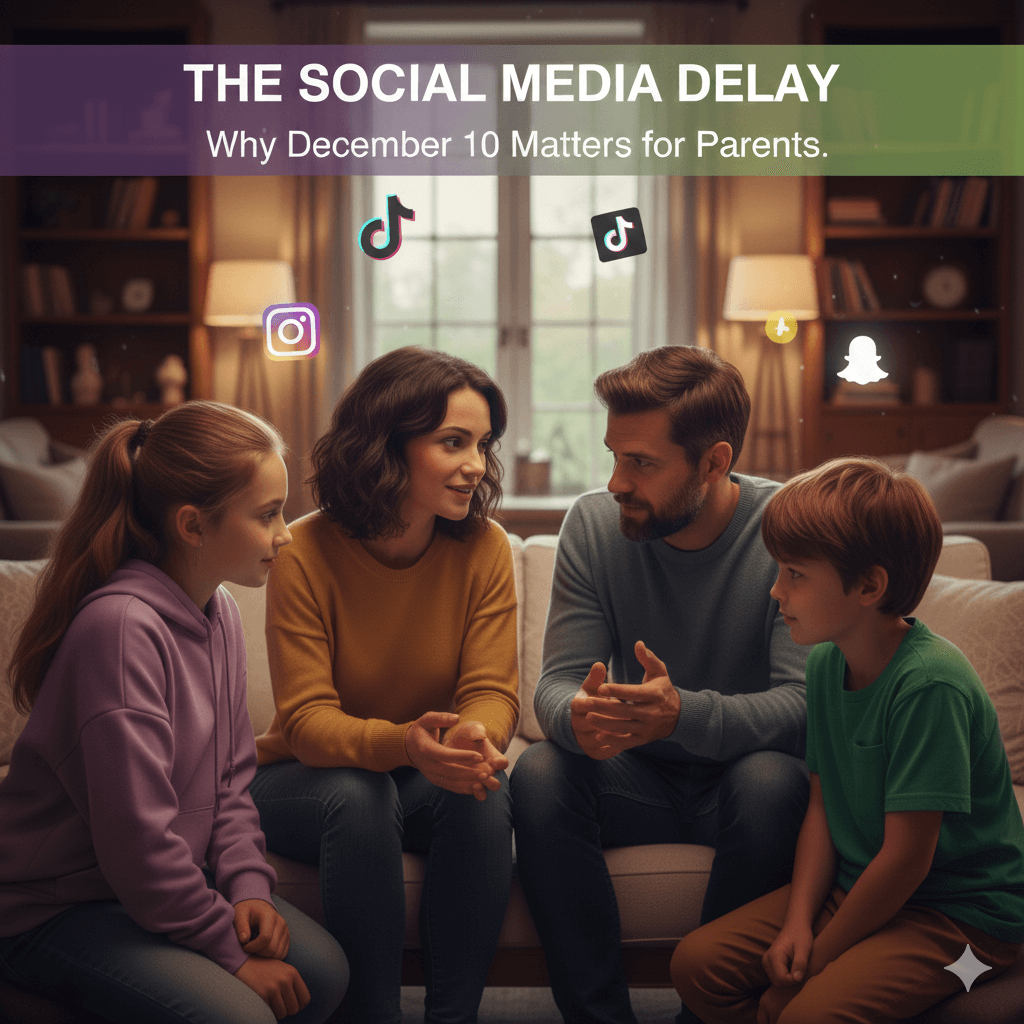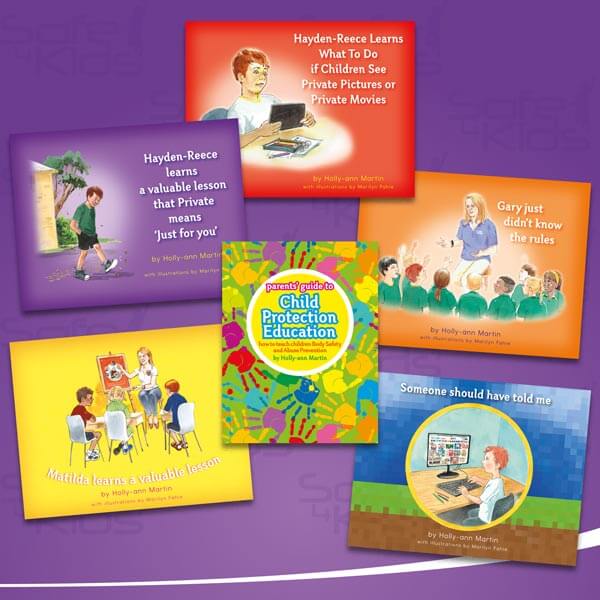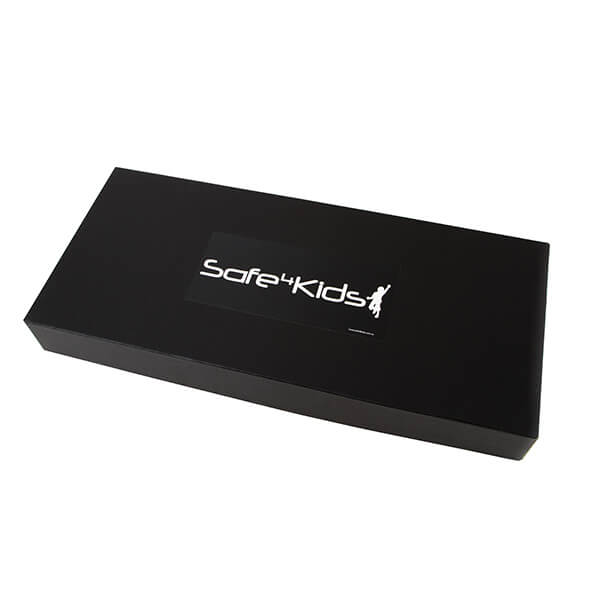The Social Media Delay: Why December 10 Matters for Parents

Understanding the December 10 Social Media Changes
On December 10, 2025, Australia’s new social media age rule takes effect. This law (often called a “social media ban” or delay) will prevent anyone under 16 from having social media accounts on major platforms. At this stage, popular apps like Facebook, Instagram, Snapchat, TikTok, X (Twitter), YouTube, Reddit, Twitch, Kick and more will be included before the 10th of December, I’m sure. The government isn’t trying to punish kids, it’s trying to protect them from harmful content and pressures that come with social media use at a young age. By delaying full access until age 16, the hope is to give children extra time to develop digital literacy, critical thinking, and resilience before diving into the social media world.
I know these changes won’t be simple. I worry about how kids will react and how they might try to get around the rules.
Worried About Workarounds: Discord, Lemon8, and Other Loopholes
One of my biggest concerns is that kids will seek out other platforms to fill the void. If they can’t use TikTok or Instagram, they might flock to apps like Discord or Lemon8, places not on the banned list at the time of writing this. Apps like Lemon8, a sister app of TikTok, have already seen spikes in popularity when TikTok faced bans in the USA. These alternative platforms may feel like a loophole, a way for under-16s to stay online and connected.
Unfortunately, switching platforms doesn’t eliminate risk. Discord, for example, is a chat app where kids can encounter unfiltered conversations and strangers. Lemon8 is marketed as a fun lifestyle app, but like any social media, it can expose young users to inappropriate content or privacy issues. I worry that in the rush to stay connected, kids may end up on less-moderated apps that parents know little about.
What’s more troubling is that kids are already trading tips on how to beat the new system. I’ve seen TikTok videos where young people coach their peers on how to work around the ban. The fact that these conversations are happening among kids is alarming but not surprising. It means children could be one Google or TikTok video away from instructions on evading the safeguards you’re counting on.

Hidden Risks When Kids Go Underground
I’m also deeply concerned about the safety risks if kids succeed in hiding their social media activity. Suppose my child does manage to sneak onto Discord or a banned app under a false account. What happens if they encounter bullying, predators, or disturbing content there? Will they tell me? Or will the fear of “getting caught” for breaking the rules keep them silent?
The last thing you want is your kids dealing with online predators, explicit content, or cyberbullying alone because they’re afraid you’ll be angry that they bypassed the rules.
Remember, the law does not punish under-16s who get around the ban, all penalties are aimed at the platforms, not kids or parents. This initiative is about safety, not criminalising children. But children might not realise that. They might worry about consequences at home or simply feel guilty. That could make them hide what they see or experience online, leaving parents in the dark until it’s too late.

How Parents Can Prepare and Protect Their Kids
So what can you do? As parents, you’re not powerless. In fact, your role now is more crucial than ever. Here are some steps I urge you to consider.
1. Start an Open Conversation Today!:
Talk with your child/children about the December 10 changes. Ask them what they’ve heard about it and listen to their feelings. They might be upset, anxious, or angry. Acknowledge those feelings as valid. Explain why this law exists in simple terms, it’s about health and safety, not punishment. Make sure they know they can always come to you with questions or problems, even if they’ve done something you disapprove of. Emphasise that their safety matters more than any rule. Showing empathy now will make it more likely they will confide in you later.
2. Discuss Safe Alternatives:
Help your child find positive ways to stay connected and entertained without banned social media. Maybe this is a chance to encourage group chats on allowed apps, like a private family WhatsApp group or a moderated hobby forum. Perhaps suggest offline activities that bring joy or social connection, like sports, clubs, and game nights with friends. The goal isn’t to completely strip away their social life but to replace risky platforms with safer outlets.
3. Stay Informed with Expert Guidance:
The situation is evolving, and knowledge is power. I encourage all parents to visit the eSafety Commissioner’s website for up-to-date information and practical tips. These resources are fantastic, they include talking points, technical steps like how to download your child’s data from their accounts before deletion, and advice on handling pushback from your teen. By staying informed, you’ll feel more confident addressing your child’s questions and more prepared for December 10.
4. Set Clear, Supportive Rules at Home:
It’s a good time to review your own household’s tech rules. Make sure your child knows what is and isn’t allowed once the new law kicks in. Perhaps you decide, “No using banned social media, even if you find a way, but you can use other suitable apps with supervision,” or “Internet use only in shared family spaces for now.” Be clear that these rules are about safety, not punishment. Also, consider parental controls or monitoring for a while during the transition. It’s not about spying; it’s about protection. For instance, you might enable content filters or check which new apps your child is downloading. If you discover they’ve tried to create a secret account, approach it as a concerned ally, “I get why you want this, let’s talk about it”, rather than immediately punishing. Maintaining trust is key.
Above all, keep the dialogue going. After December 10, regularly ask your child how they are doing without their old social media. They might feel excluded if “everyone else” at school seems to be finding workarounds. Watch for changes in mood or behaviour that could hint they’re struggling or perhaps using something in secret. Gently remind them that they can tell you anything, you’re always ready to help, not judge.

A Final Plea: Talk to Your Kids Before December 10
The clock is ticking. December 10 is the deadline, and the urgency is real. As an educator who speaks with hundreds of young people, I urge you to please sit down with your children this week and talk about social media. Don’t wait until their accounts vanish or until they’ve possibly gotten in over their head on a shady app. Let them know you understand their world is about to change – and that you’re there to face it with them, not against them.
This is an emotional moment for many families. Kids might feel like something they love is being taken away. They might be scared of missing out or desperate enough to break rules to stay connected. You need to show them that you get it. Share your own feelings too, it’s okay to say you’re concerned and even a bit scared as a parent because you love them so much and want them to be safe.
Then, make a plan together. Reassure them that no matter what happens online – if they see something upsetting, if someone creepy contacts them, if they make a mistake – they can come to you. You will help them figure it out, no questions asked about how they got there. The priority is their well-being.
December 10 is almost here. You have only a short time to prepare your children and yourselves for this big shift. Let’s use it. Talk to your kids today. Show them that this isn’t just a ban; it’s a chance for your whole family to pause, reset your online habits, and put safety first. For the sake of their future, let’s make sure they don’t have to face this new digital frontier alone. Visit the eSafety Commissioner’s site for guidance, rally with other parents for support, and most importantly, have that conversation with your child before December 10. They need you now more than ever, and together, you can get through this transition safely, keeping your kids both connected and protected.
Act now, for the good of your children. Stay informed, stay involved, and hug your kids tight, you’ll all get through December 10 by supporting each other every step of the way.
Tonight, set aside time to talk with your child about these upcoming changes. Mark December 10 on your calendar as a reminder not of what they’re losing, but of what you’re doing together to keep them safe. By being proactive and loving, you can turn this challenge into an opportunity to build stronger bonds and ensure a safer online journey for your kids. Take the next step by downloading the Safe4Kids Cyber Safety Agreement and completing it together as a family. It’s a powerful way to start the conversation and set clear, respectful boundaries around digital safety.
With you every step,
Holly-ann X


